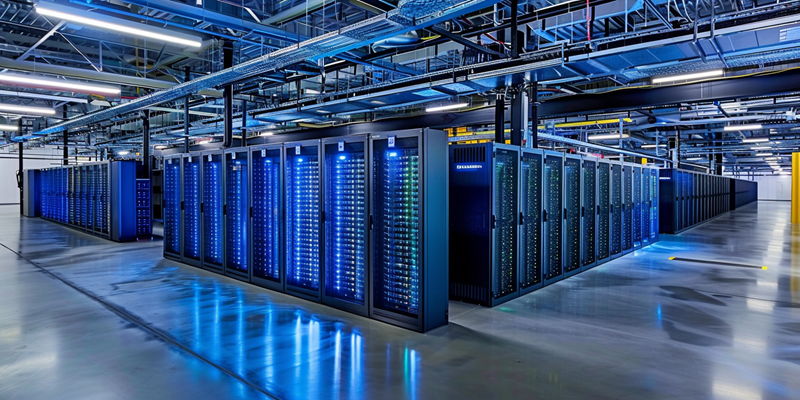The unprecedented surge in data consumption and processing has pressured data center operators to innovate rapidly. Digital Realty, one of the leading global providers of data center, colocation, and interconnection solutions, is at the forefront of this evolution. With the introduction of their direct liquid cooling (DLC) colocation offering, they’re tackling head-on the challenges presented by the latest high-density workloads, particularly those required for advanced artificial intelligence (AI) applications.
Revolutionizing Thermal Management
Digital Realty’s DLC is revolutionizing data center design by supporting up to 150kW per rack, a substantial increase from the previous air-assisted liquid cooling (AALC) system’s 70kW per rack limit. This new capability addresses a critical bottleneck in data center operations—the removal of excess heat. As higher densities become the norm, traditional air cooling approaches are reaching their physical limits. By incorporating DLC, Digital Realty’s data centers can manage the heat load more efficiently, ensuring optimal performance of the hardware contained within.
The introduction of DLC is not a standalone revolution, but rather a component of a comprehensive thermal management strategy. When paired with previously introduced AALC systems, such as rear door heat exchangers (RDHx), data centers now have an integrated approach to cooling that can adapt to various workload demands. This hybridization not only scales with clients’ needs but also showcases Digital Realty’s commitment to delivering state-of-the-art infrastructure for emergent IT requirements. This focus on innovative cooling technologies underpins the newfound ability to house advanced computing deployments.
Meeting the Demands of AI and HPC
Facing an unparalleled increase in data usage, data center operators like Digital Realty must innovate swiftly. As a leading provider in data center, colocation, and interconnection services, Digital Realty stays ahead in the industry by launching a new solution to meet the intense demands of high-density computing: direct liquid cooling (DLC) colocation. This technology is vital for the high-performance requirements of advanced AI applications, which generate excessive heat due to their intensive workloads. By adopting DLC, Digital Realty aims to enhance efficiency and reliability in data processing, promising better performance for AI and other high-demand systems. This strategic move signifies a critical advancement as data centers evolve to handle more robust and energy-intensive computing tasks.

